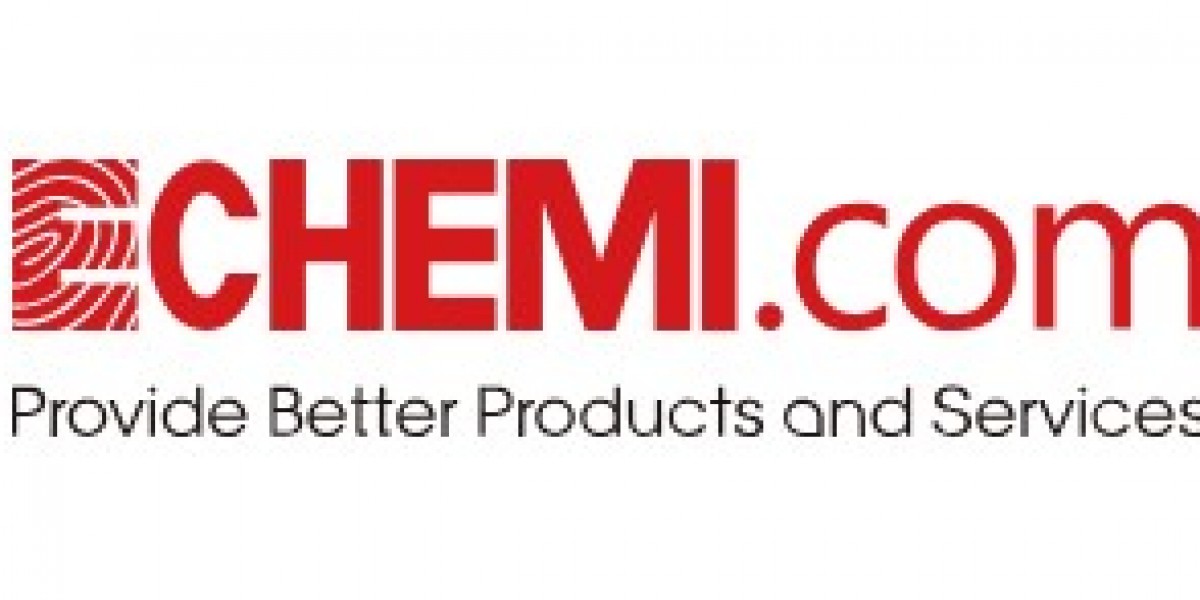In the realm of chemical manufacturing, raw material traceability is a critical aspect that ensures transparency, quality control, and compliance with regulations throughout the supply chain. By implementing robust traceability systems, chemical manufacturers can track the origins, movements, and transformations of raw materials used in their processes. Here is a concise overview of the significance of raw material traceability for chemical manufacturers:
1. Supply Chain Integrity:
Raw material traceability enables chemical manufacturer to maintain supply chain integrity by tracking the sources of raw materials, verifying their authenticity, and ensuring compliance with quality standards. This transparency helps prevent counterfeit products, adulteration, and unauthorized substitutions in the supply chain.
2. Quality Assurance:
Traceability systems allow chemical manufacturers to monitor the quality of raw materials from procurement to production, enabling timely identification of potential issues or deviations. By tracing raw material sources and handling procedures, manufacturers can uphold product quality, consistency, and safety standards.
3. Regulatory Compliance:
Compliance with regulatory requirements is paramount in the chemical industry, and raw material traceability plays a crucial role in meeting legal obligations and industry standards. Traceability systems help manufacturers demonstrate adherence to regulations, product safety guidelines, and environmental mandates governing raw material usage.
4. Risk Mitigation:
Traceability enhances risk management practices by providing visibility into raw material origins, handling practices, and potential hazards. Chemical manufacturers can proactively identify and address risks related to contamination, allergens, supply chain disruptions, and other critical factors that may impact product safety and compliance.
5. Sustainability and Ethical Sourcing:
Raw material traceability supports sustainability initiatives by facilitating the identification of sustainable sourcing practices, ethical suppliers, and environmentally friendly raw materials. Manufacturers can promote transparency in their supply chains, support responsible sourcing efforts, and align with sustainability goals through traceable raw material procurement.
6. Recall Management:
In the event of product recalls or quality issues, raw material traceability is instrumental in swiftly identifying affected batches, containing the issue, and conducting targeted recalls. Traceability systems enable manufacturers to trace the movement of raw materials, finished products, and related batches to mitigate risks and protect consumers.
7. Consumer Confidence:
Transparent raw material traceability instills consumer confidence by providing information on the origins, handling processes, and safety measures implemented throughout the production chain. By sharing traceability data with consumers, chemical manufacturers can enhance trust, credibility, and brand reputation in the market.
In conclusion, raw material traceability is a fundamental practice for chemical manufacturers to uphold quality standards, ensure regulatory compliance, mitigate risks, and promote transparency in their operations. By prioritizing traceability throughout the supply chain, manufacturers can strengthen supply chain resilience, enhance product safety, and demonstrate their commitment to integrity and accountability in the chemical industry.



